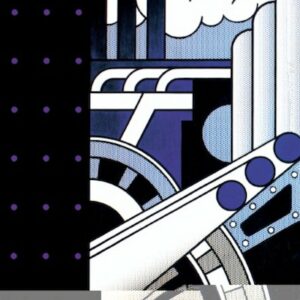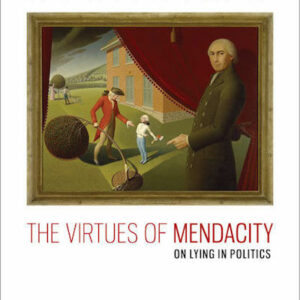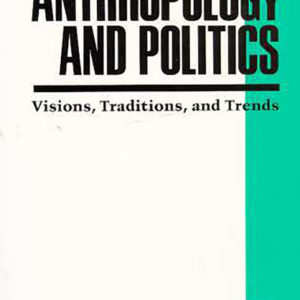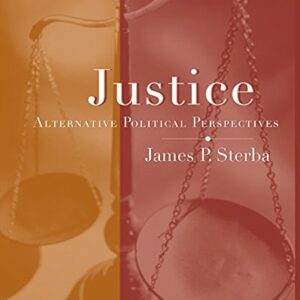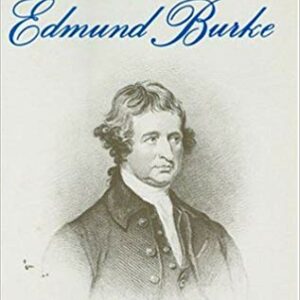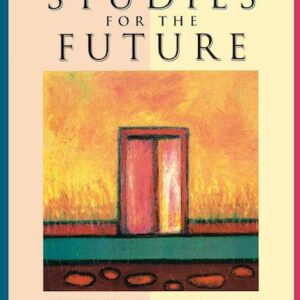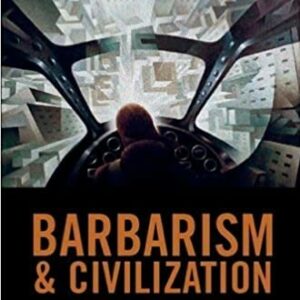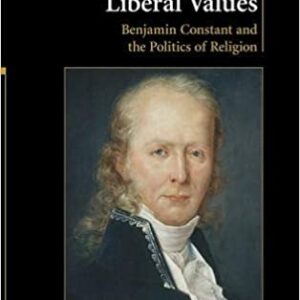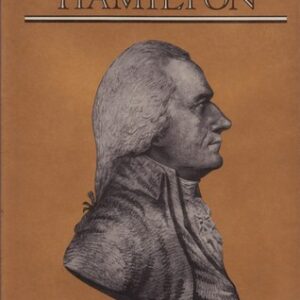
Alexander Hamilton
By Jacob E. Cooke (NHC Fellow, 1981–82) Cooke, who edited the first 15 volumes of his subject's papers, presents a balanced reinterpretation of Hamilton's career as an American statesman, self-promoter, aristocrat, outstanding lawyer and first U.S. Secretary of the Treasury. Tracing Hamilton's achievements as a political economist, Cooke corrects many exaggerations of earlier biographers, especially … Continued
